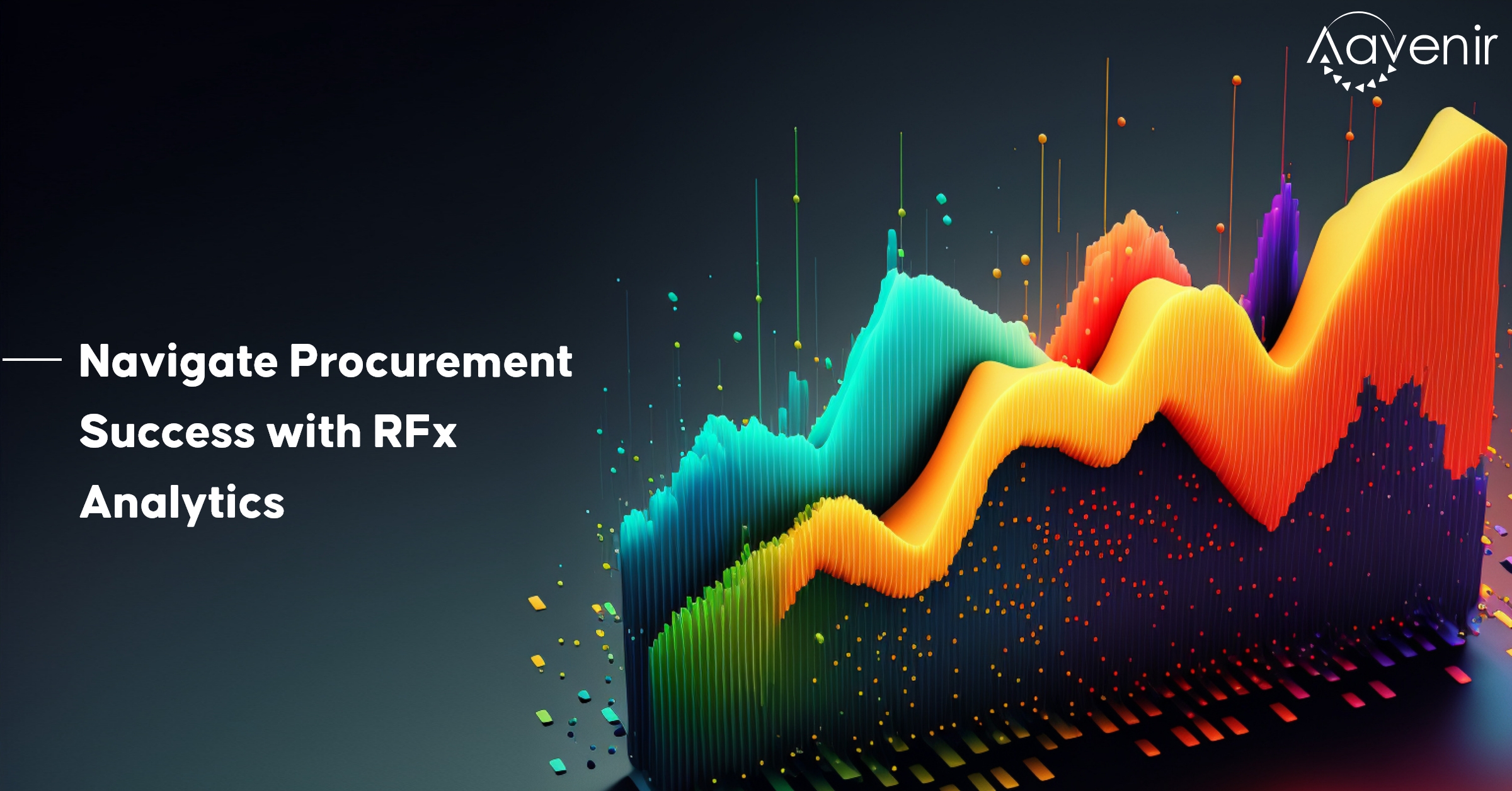Procurement success can be greatly enhanced by leveraging RFx analytics. RFx refers to a set of procurement processes, including Request for Proposal (RFP), Request for Quotation (RFQ), and Request for Information (RFI). These processes play a vital role in sourcing suppliers, negotiating contracts, and ultimately achieving successful procurement outcomes.
RFx analytics involves the use of data analysis techniques to gain insights and make informed decisions throughout the procurement process. Here are some keyways in which RFx analytics can contribute to procurement success:
Supplier Selection
RFx analytics can help evaluate and compare suppliers based on various parameters such as pricing, quality, delivery time, and past performance. By analyzing historical data and conducting supplier performance assessments, procurement professionals can identify the most suitable suppliers for their needs.
Cost Optimization
Analyzing RFx data allows organizations to identify cost-saving opportunities. By examining pricing trends, historical data on bids and proposals, and market benchmarks, procurement teams can negotiate better deals and optimize costs. Analytics can also reveal potential areas for supplier consolidation and bulk purchasing, leading to further savings.
Risk Mitigation
RFx analytics enables proactive risk management by identifying potential risks associated with suppliers, products, or regions. By analyzing historical data, market trends, and supplier profiles, organizations can assess risk factors and take appropriate mitigation measures. This helps ensure continuity of supply, mitigate disruptions, and protect against potential financial or reputational risks.
Performance Monitoring
RFx analytics provides insights into supplier performance and contract compliance. By tracking key performance indicators (KPIs) such as on-time delivery, quality metrics, and adherence to contractual terms, organizations can monitor supplier performance and address any issues promptly. This data-driven approach fosters accountability and continuous improvement among suppliers.
Continuous Improvement
RFx analytics facilitates a feedback loop that drives continuous improvement in the procurement process. By analyzing data on bid responses, negotiation outcomes, and contract performance, organizations can identify areas for process optimization, implement best practices, and refine procurement strategies over time.
Closing Note
To leverage RFx analytics effectively, organizations should invest in modern procurement tools and technologies that support data capture, analysis, and reporting. These tools can automate data collection, provide real-time visibility into procurement activities, and generate actionable insights for decision-making.
By harnessing the power of RFx analytics, procurement professionals can make informed decisions, optimize costs, mitigate risks, and drive overall procurement success.





